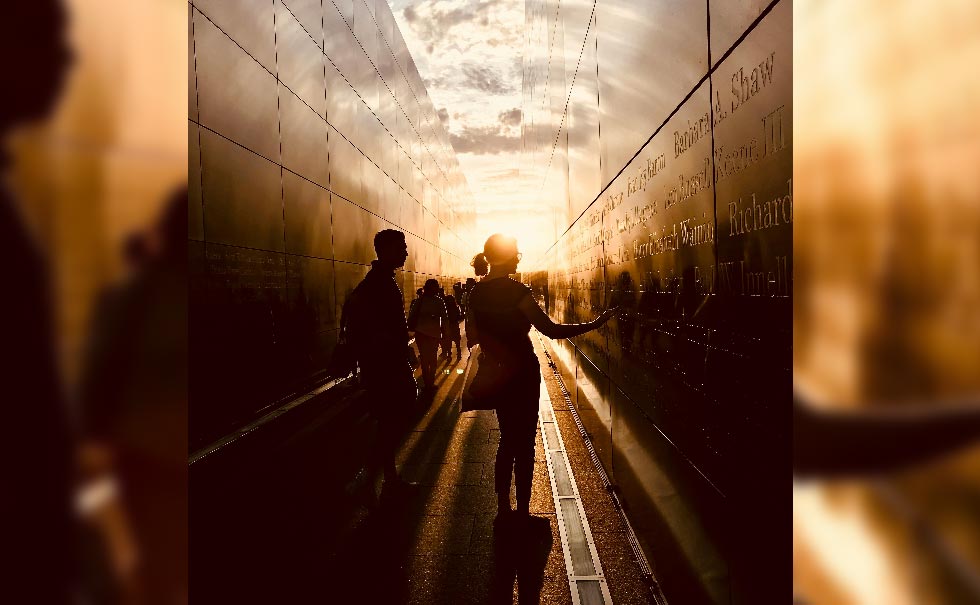Parshat Acharei Mot
Our Parsha begins with a return to the climactic death of the sons of Aaron, Nadav & Avihu[1], the Torah explains that a strange fire came and consumed them [2],
what is perhaps difficult to us as readers is that the motivations behind the sons are not expressly given, neither is the strangeness of the fire quantified for us.
This has given cause for the Sages to come and share insight into the matter, there are various approaches to the matter and reasons suggested from incorrect clothing, their not having been married and having taken the fire from an improper place (an actual fault with the sacrificial service).
Immediately[3] after their tragic deaths the Torah goes on to warn Aharon against performing the service whilst intoxicated.
Rashi comments:
Rabbi Eliezer said: the sons of Aaron died only because they gave decisions on religious matters in the presence of their teacher, Moses[4]. Rabbi Ishmael said: they died because they entered the Sanctuary intoxicated by wine. You may know that this is so, because after their death he admonished those who survived that they should not enter when intoxicated by wine[5].
The Sifra[6] brings another important perspective:
“And the sons of Aaron took, Nadav and Avihu, each his coal-pan” — “the sons of Aaron” — they did not seek counsel from Aaron; “Nadav and Avihu” — they did not seek counsel from Moses; “each his coal-pan” — each by himself; they did not take counsel from each other. Where is it derived that just as the transgression of the two was identical, so the death of the two was identical? From “after the death of the two sons of Aaron.” – the Sifra goes on to explain in further detail their lack of permission to enter the sanctuary and perform the service.
The question that arises is: where does the line between our need to fulfil our duties in terms of Torah and Mitzvot and our own personal contribution to our faith using our talents clash? Is there a way to have both elements?
One thing that as a Rabbi I come across quite regularly is that many people find the service in the Synagogue and our daily routine quite limiting – in these conversations it is sometimes asked why there is not a more dynamic element of the prayer service, why we do not venture outside into nature, where the place for music and other forms of meditation can co-exist in harmony with our requirements.
Although for some the same tunes for parts of the service can bring a sense of stability and familiarity, for others they find them repetitive and at times frustrating.
Both my wife and I are musicians and we express an important element of the creative elements of our soul through the language of music, it makes sense to point out that we play very different styles of music on different instruments and that our experiences in music, both professionally and in terms of the study of the subject are very different:
My wife is an excellent multi-instrumentalist who sight reads perfectly and has a strong classical music background in addition to her years spent in musical theatre, teaching voice and composing music – I am a self-taught guitarist and bassist who also dabbles a bit in programming and composition for a variety of styles: often these two approaches are complementary when we work on projects together and at times these different styles and approaches to the subject they clash.
Both elements of music are necessary – both structure and the ability to improvise: they achieve very different things and have very different contexts and usage in music.
I like to think that the service of the Mishkan and the Temple are reminiscent of a highly elaborate orchestrated opera: As one adds more and more elements to live music the need for greater choreography between the musicians and singers becomes more and more essential – in a smaller club setting with fewer musicians it is easier to have freer improvisation and flexibility is possible.
Hashem also desires our innovation and personal creativity – in the realm of our Torah learning especially, however the Mishkan and Temple were highly orchestrated events that had specific laws and requirements that cannot be changed and carry with them extreme consequences for not performing the service correctly according to its complex requirements – with a large orchestra it is not possible to deviate from what the rest of the musicians are playing, we must follow the music or risk spoiling the sound of the collective unity.
In our own Synagogues we have a specific Siddur, tunes and a style of worship that is the accepted Minhag HaMakom, the custom of a place: if at times people deviate from this it can be very difficult for the Minyan to follow and to feel part of – the goal is not only to maintain a custom and heritage but to achieve a unity of those who come to a place of worship.
Shabbat Shalom!
Rabbi Jonathan Goldschmidt 2024 ©
[1] Va’Yikra/Leviticus: 10:1-2
[2] Ibid: 9:24
[3] Ibid: 10:9
[4] Sifra, Shemini, Mechilta d’Miluim 2 32; Eruvin 63a
[5] Va’Yikra Rabbah: 12:1
[6] The Midrash halakha to the Book of Leviticus. It is frequently quoted in the Talmud and the study of it followed that of the Mishnah. Like the book of Leviticus itself, the midrash is occasionally called Torat Kohanim




